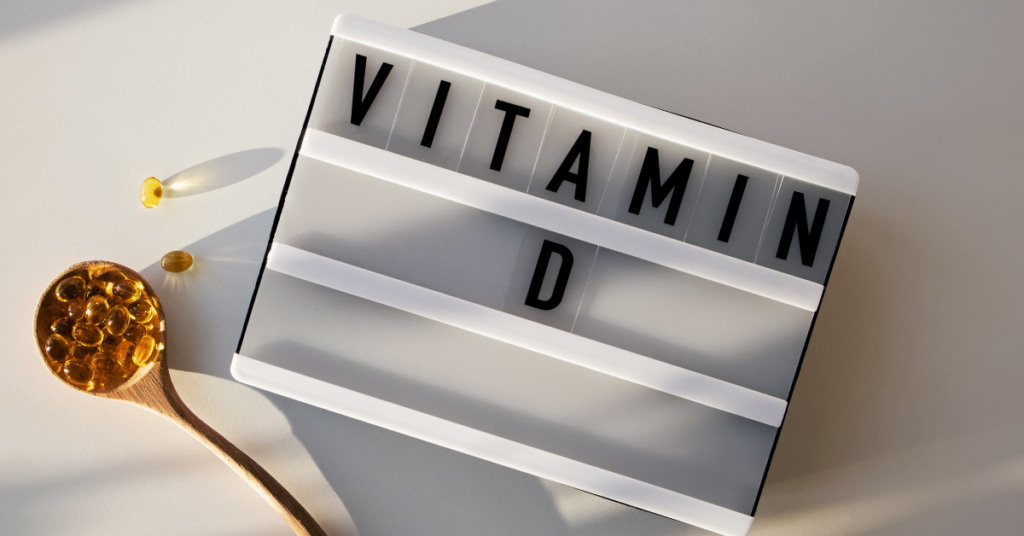Introduction
Vitamin K is an essential nutrient in blood clotting and bone health. It’s determined in several foods, and our bodies moreover produce some of it. While Vitamin K is critical for our well-being, questions regularly arise about its interactions with tablets and one-of-a-kind vitamins and minerals. In this newsletter, we will discover the potential interactions amongst Vitamin K, medicines, and one-of-a-type vital vitamins, losing light on how they could affect our fitness.
Understanding Vitamin K
Before delving into capability interactions, allow’s apprehend what Vitamin K is and why it is crucial for our health.
Vitamin K is a fats-soluble eating regimen in primary paperwork: Vitamin K1 (phylloquinone) and Vitamin K2 (menaquinone). Vitamin K1 is usually located in inexperienced leafy vegetables like spinach, kale, and broccoli, even as Vitamin K2 is synthesized through the gut microorganism and observed in fermented foods like cheese and natto.
The number one function of Vitamin K is to assist in blood clotting by promoting the production of clotting elements in the liver. Without Vitamin K, our blood would not clot nicely, which would be central to immoderate bleeding. Vitamin K also plays a function in bone fitness by assisting in calcium deposition into bones and preventing accumulation in smooth tissues.
Let’s explore the possible interactions between Vitamin K, medicinal pills, and different vitamins and minerals.

Vitamin K and Medications
Blood Thinners (Anticoagulants)
One of the most crucial interactions related to Vitamin K is with blood-thinning drugs called anticoagulants. These drugs, combined with Warfarin, work by decreasing the frame’s potential to form blood clots. Since Vitamin K is critical for blood clotting, taking anticoagulants can interfere with its function.
Patients on blood thinners must keep a regular consumption of Vitamin K in their diet plan, as sudden fluctuations can impact the medication’s effectiveness. Talking with a healthcare expert for proper tracking and dosage changes is vital. Regular blood tests can assist in deciding Vitamin K tiers and adjusting medicine for this reason.
Antibiotics
Certain antibiotics, like cephalosporins and penicillins, also impact Vitamin K production by changing the gut’s balance of beneficial microorganisms chargeable for synthesizing Vitamin K2. Prolonged use of those antibiotics can also need to, in all likelihood, cause Vitamin K deficiency. It’s helpful to speak about this capacity interplay alongside your healthcare organization in case you require antibiotics for a prolonged duration.
Vitamin K and Other Vitamins/Minerals:
Vitamin D
Vitamin K and Vitamin D paintings collectively to promote bone fitness. Vitamin D permits the soaking up of calcium, and Vitamin K assists in its proper deposition into bones. While each vitamin is crucial, taking high doses of Vitamin D nutritional dietary supplements without sufficient Vitamin K intake can result in calcium buildup in gentle tissues, doubtlessly inflicting fitness troubles. Maintaining a balanced intake of every vitamin is critical for preferred bone fitness.
Calcium
Calcium is another crucial mineral for bone fitness, and Vitamin K regulates calcium stages inside the body. Adequate Vitamin K ensures that calcium is directed inside the course of the bones and teeth instead of accumulating in arteries or accessible tissues. A deficiency in Vitamin K may additionally disrupt this balance, affecting calcium metabolism.
Magnesium
Magnesium is another nutrient that interacts with Vitamin K. It permits activating Vitamin K-dependent proteins, which can be concerned with blood clotting and bone fitness. Ensuring an okay magnesium intake can manualize Vitamin K’s competencies.
Vitamin E
In excessive amounts, vitamin E dietary supplements may also interfere with vitamin K’s blood clotting function. However, consuming ordinary portions of Vitamin E from a balanced weight-reduction plan may not be possible.
Vitamin A
Vitamin A, even as taken in greater via dietary supplements, can lessen Vitamin K’s effectiveness in selling blood clotting. Maintaining a balanced weight loss plan and immoderate Vitamin A supplementation is beneficial.
Frequently Asked Questions (FAQs)
Can Vitamin K nutritional supplements engage with medicinal tablets?
Vitamin K dietary supplements may want to interplay with blood-thinning drug remedies like Warfarin. It’s critical to seek advice from a healthcare expert in case you plan to take Vitamin K supplements simultaneously on such pills.
Should I save you ingesting food rich in Vitamin K if I’m on blood thinners?
You do not want to eliminate Vitamin K-rich food from your eating regimen. Instead, keep an ordinary consumption and visit your healthcare provider for proper guidance and monitoring.
Can Vitamin K deficiency bring about health issues?
Yes, Vitamin K deficiency can result in immoderate bleeding and an advanced chance of fractures due to impaired blood clotting and calcium law. It’s essential to ensure a sufficient Vitamin K intake through a weight loss plan or dietary supplements if crucial.

Conclusion
Vitamin K is an essential nutrient in blood clotting and bone health. While it is commonly safe when consumed through a balanced diet, interactions can arise with medicines, other nutrients, and minerals. Being aware of capability interactions and visiting healthcare experts when critical to maintaining your joint health and well-being is crucial. By expertise in how Vitamin K interacts with drug treatments and one-of-a-kind vitamins, you may make knowledgeable selections about your food plan and dietary supplements to help maximize efficient health.